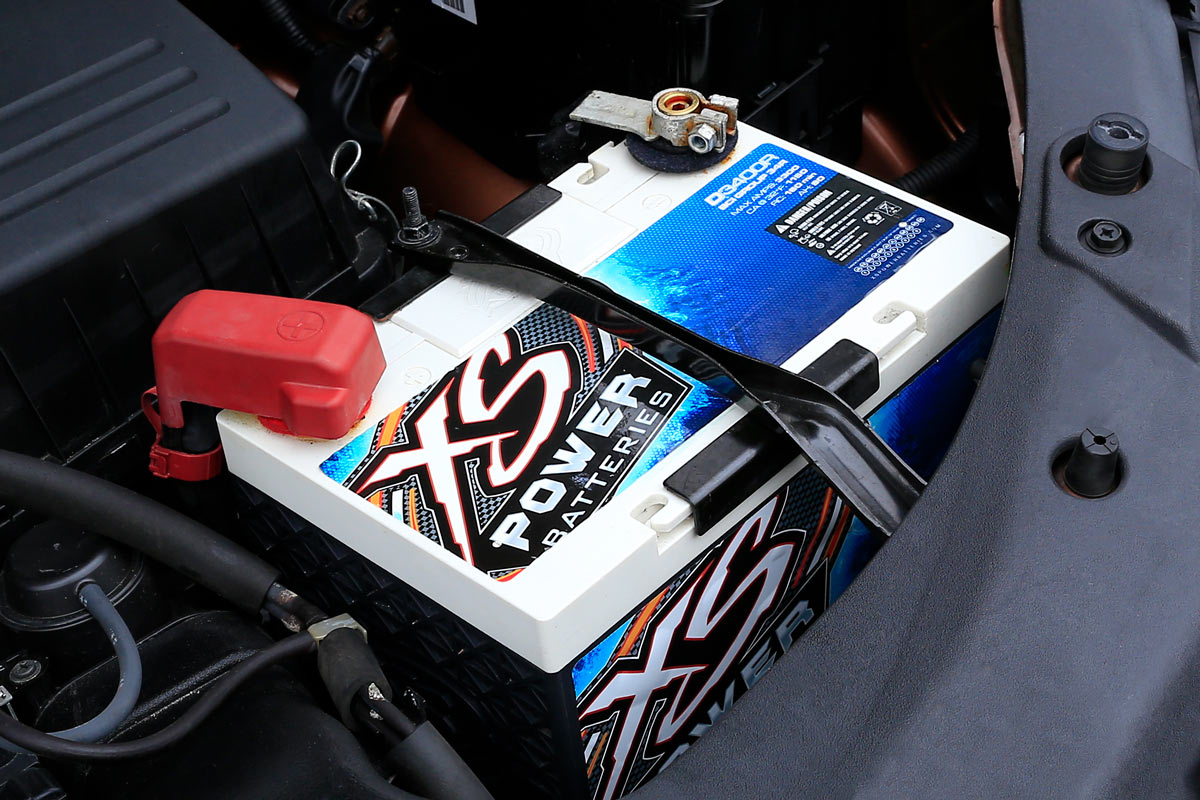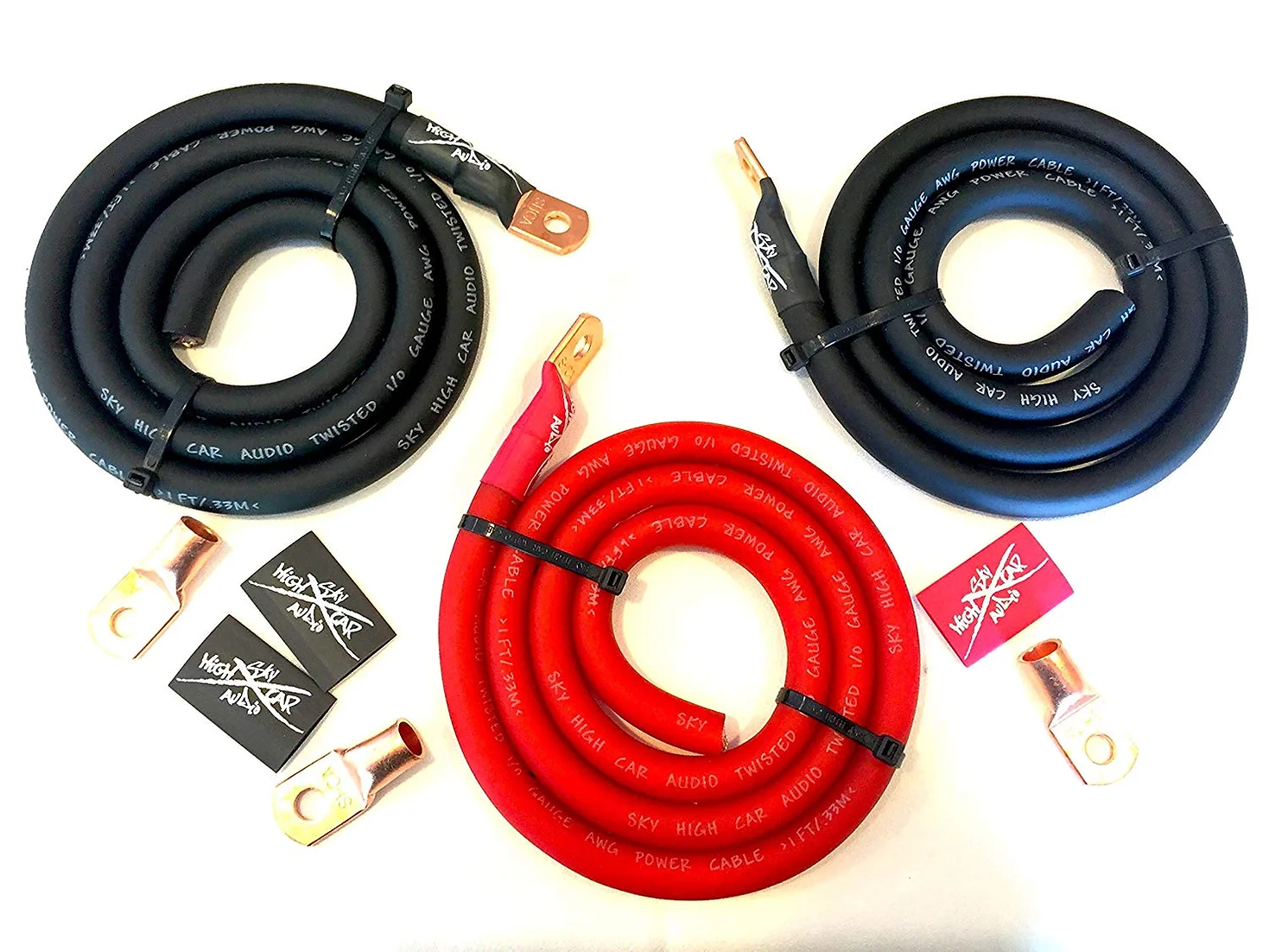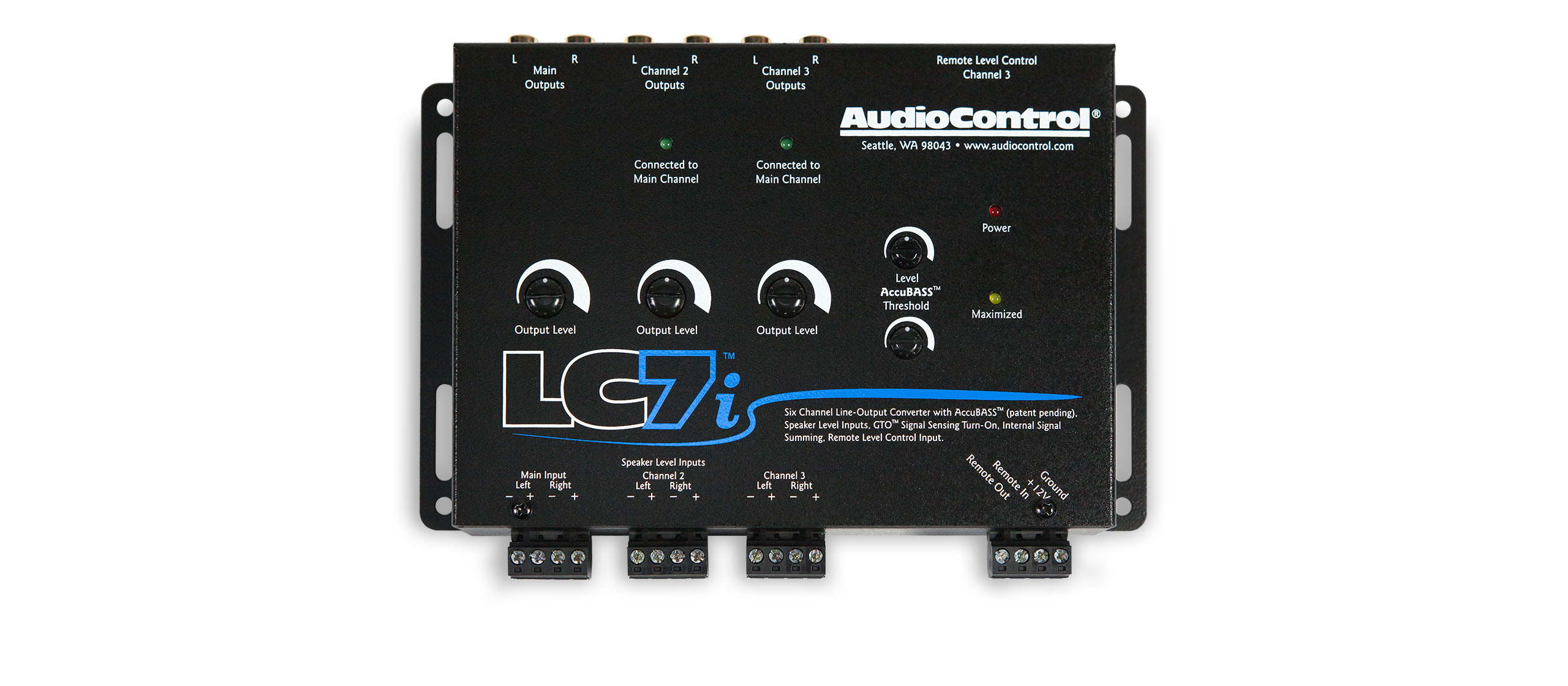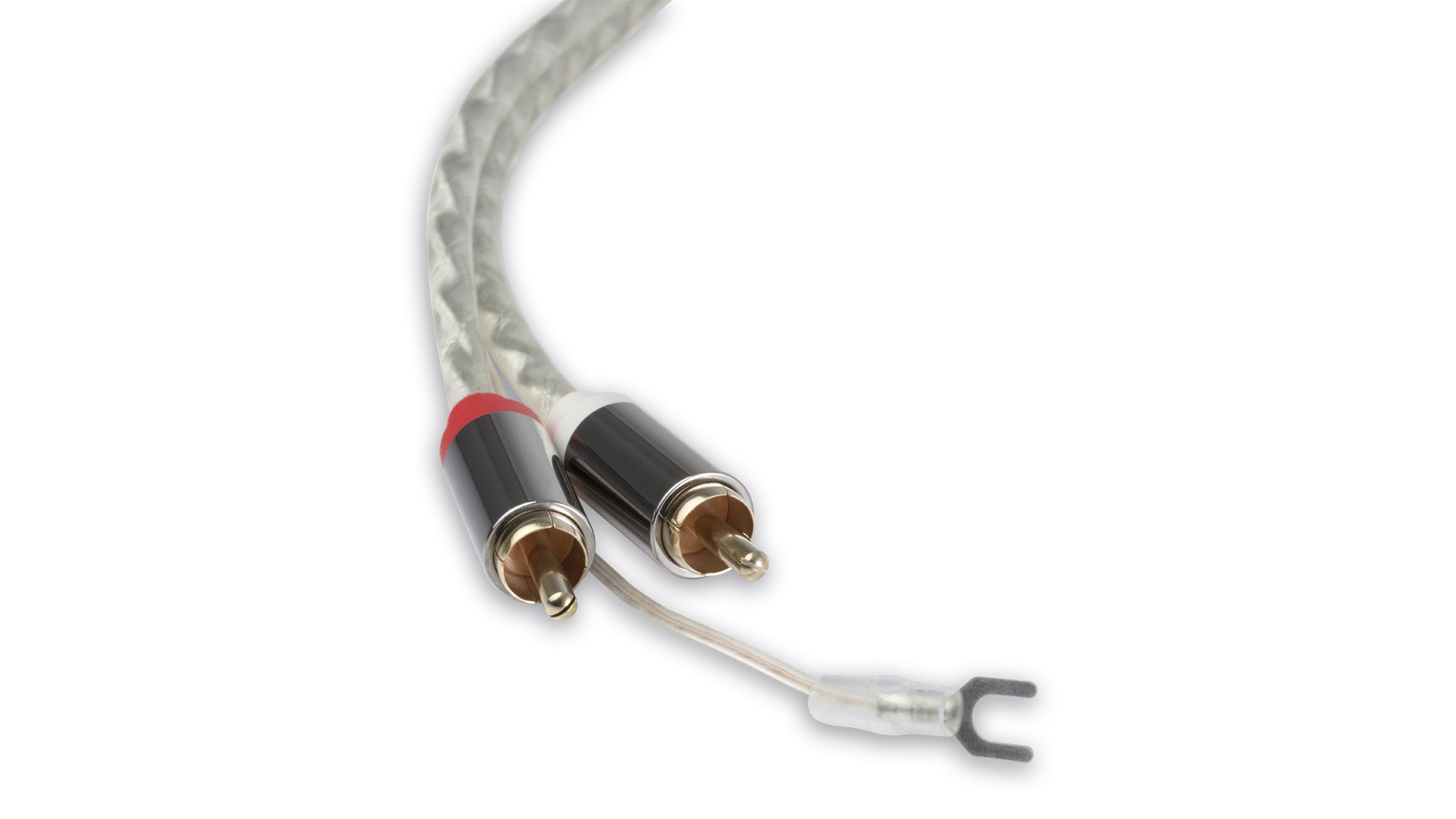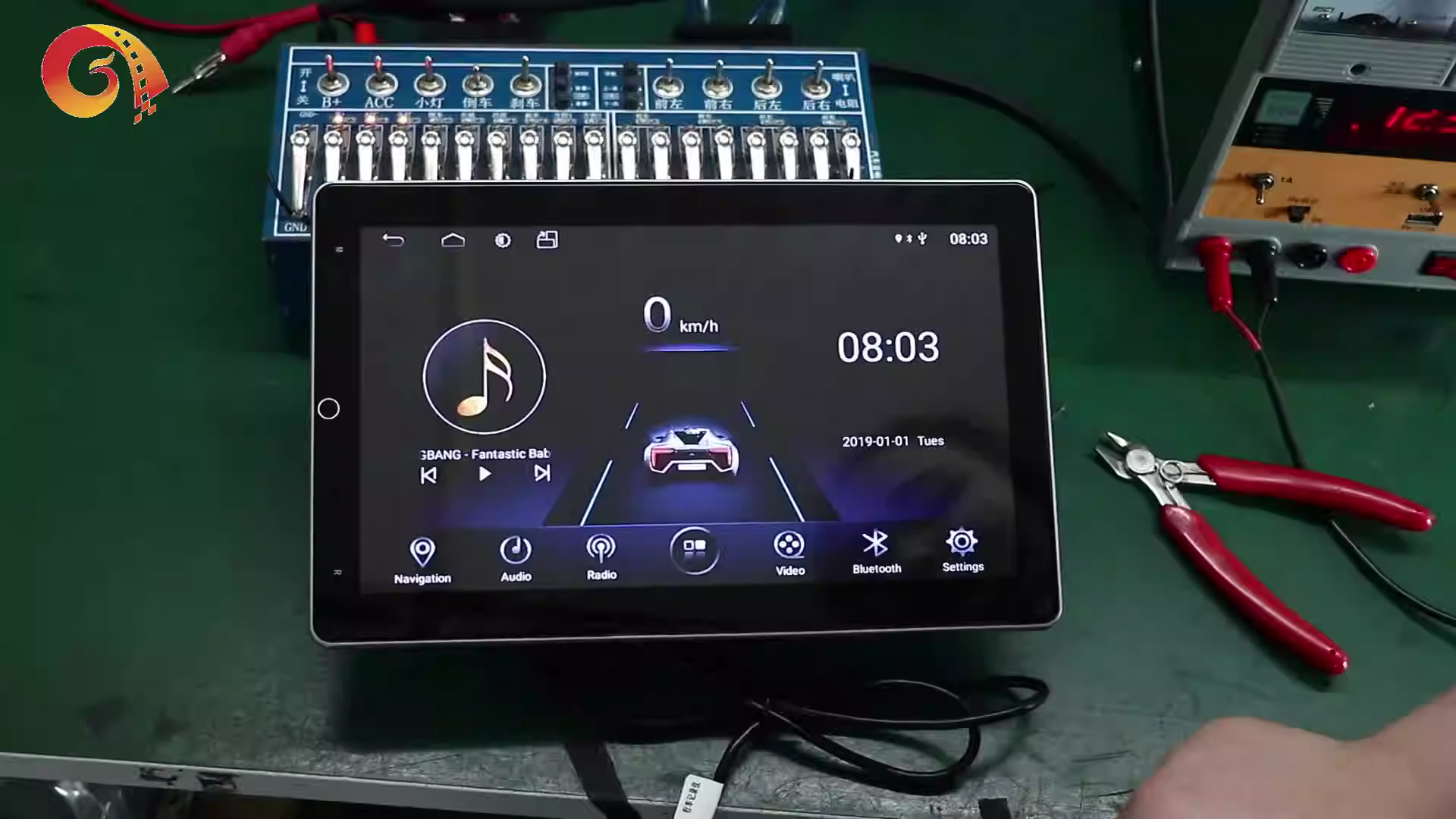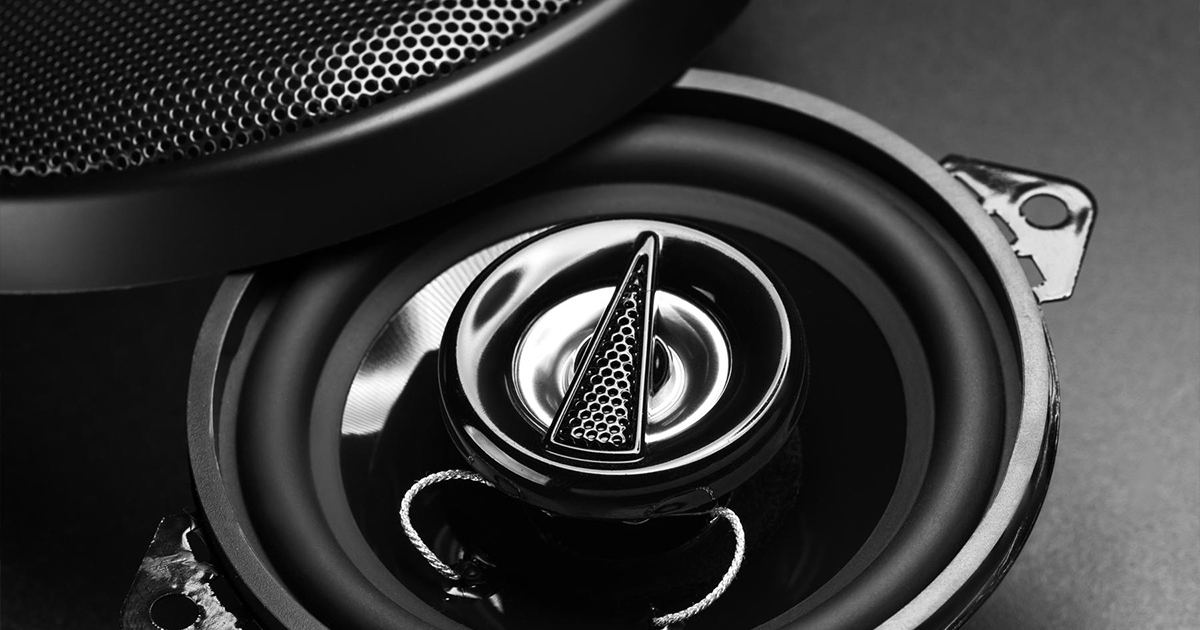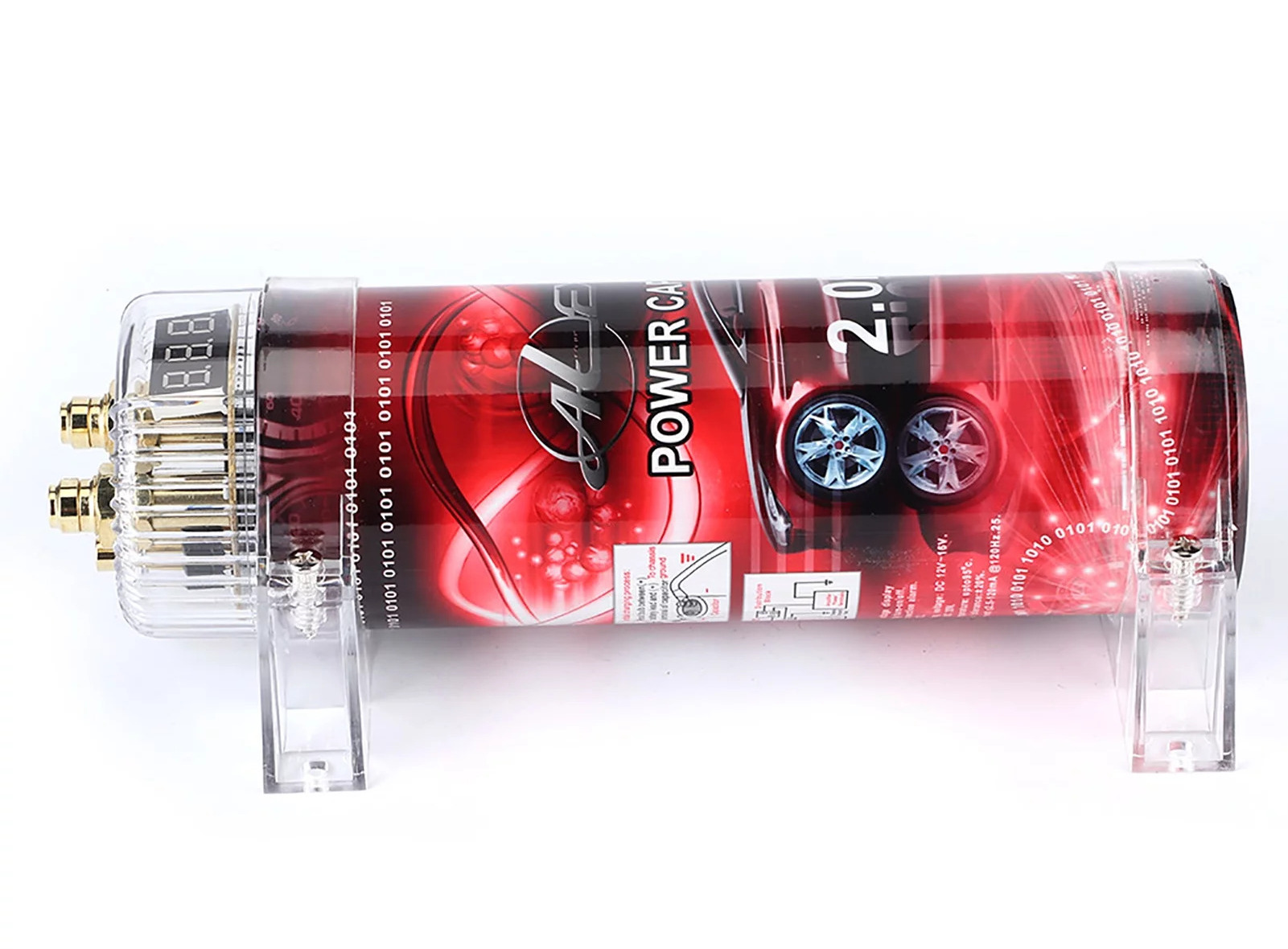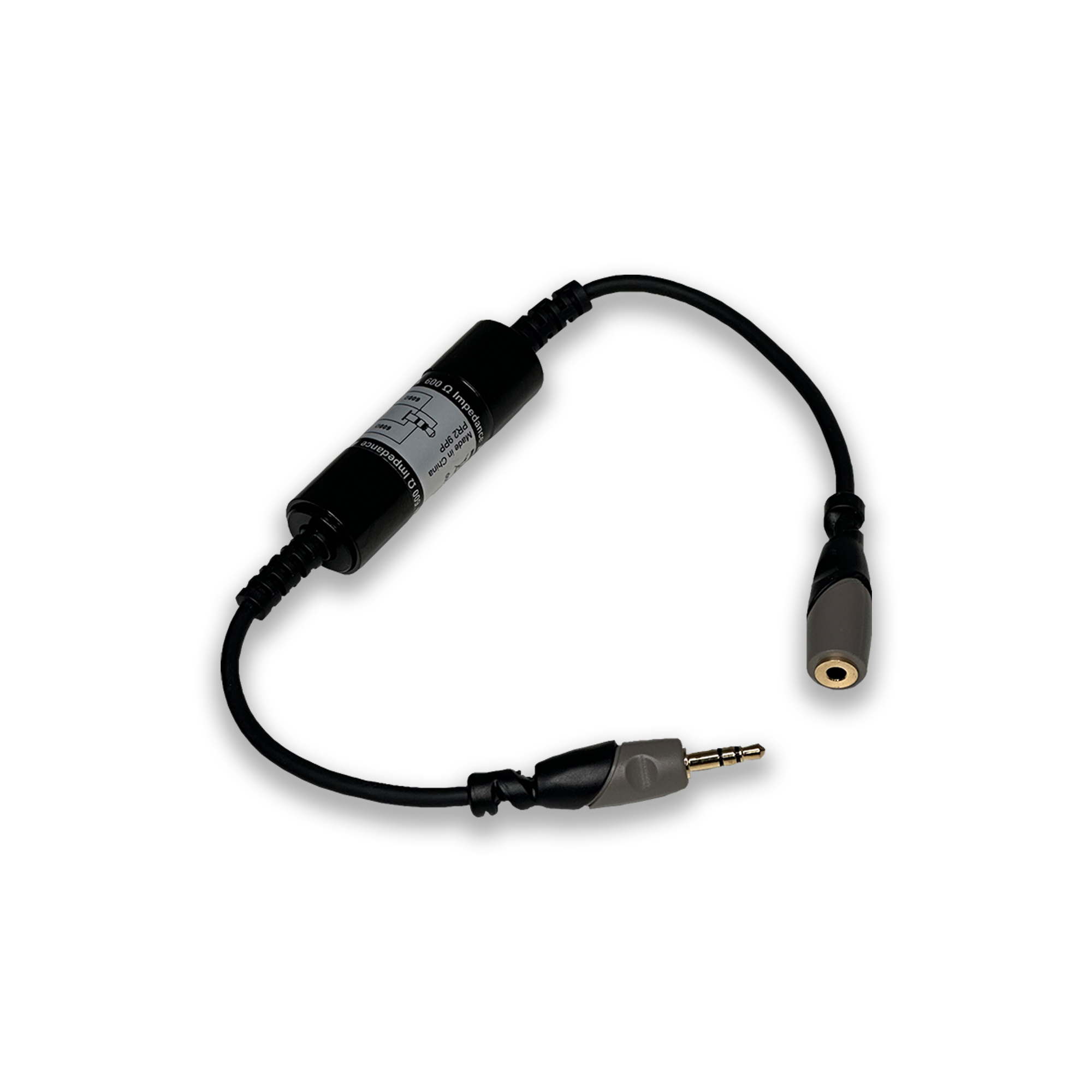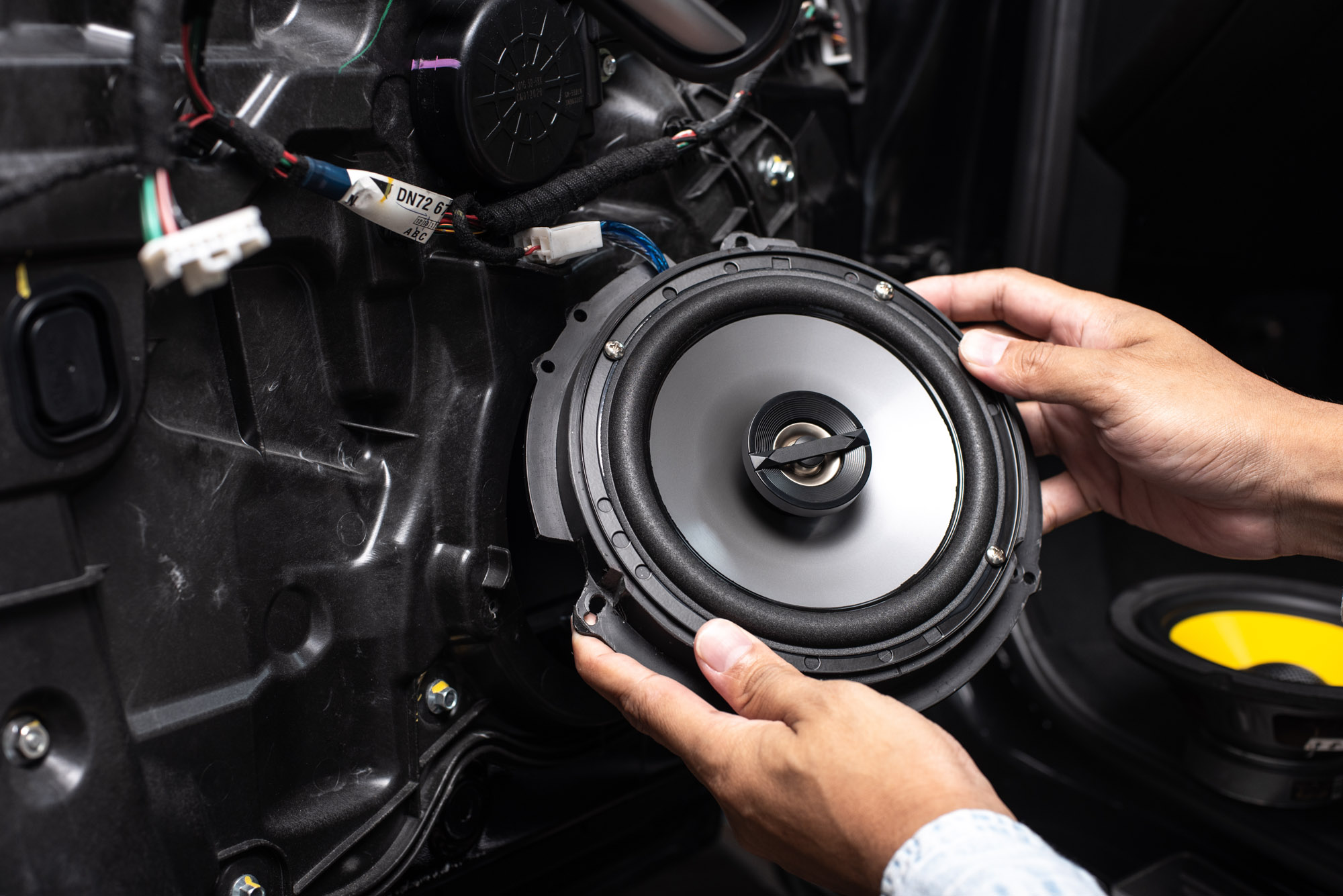Home>Devices & Equipment>Car Audio>What Is A Ground Loop Car Audio
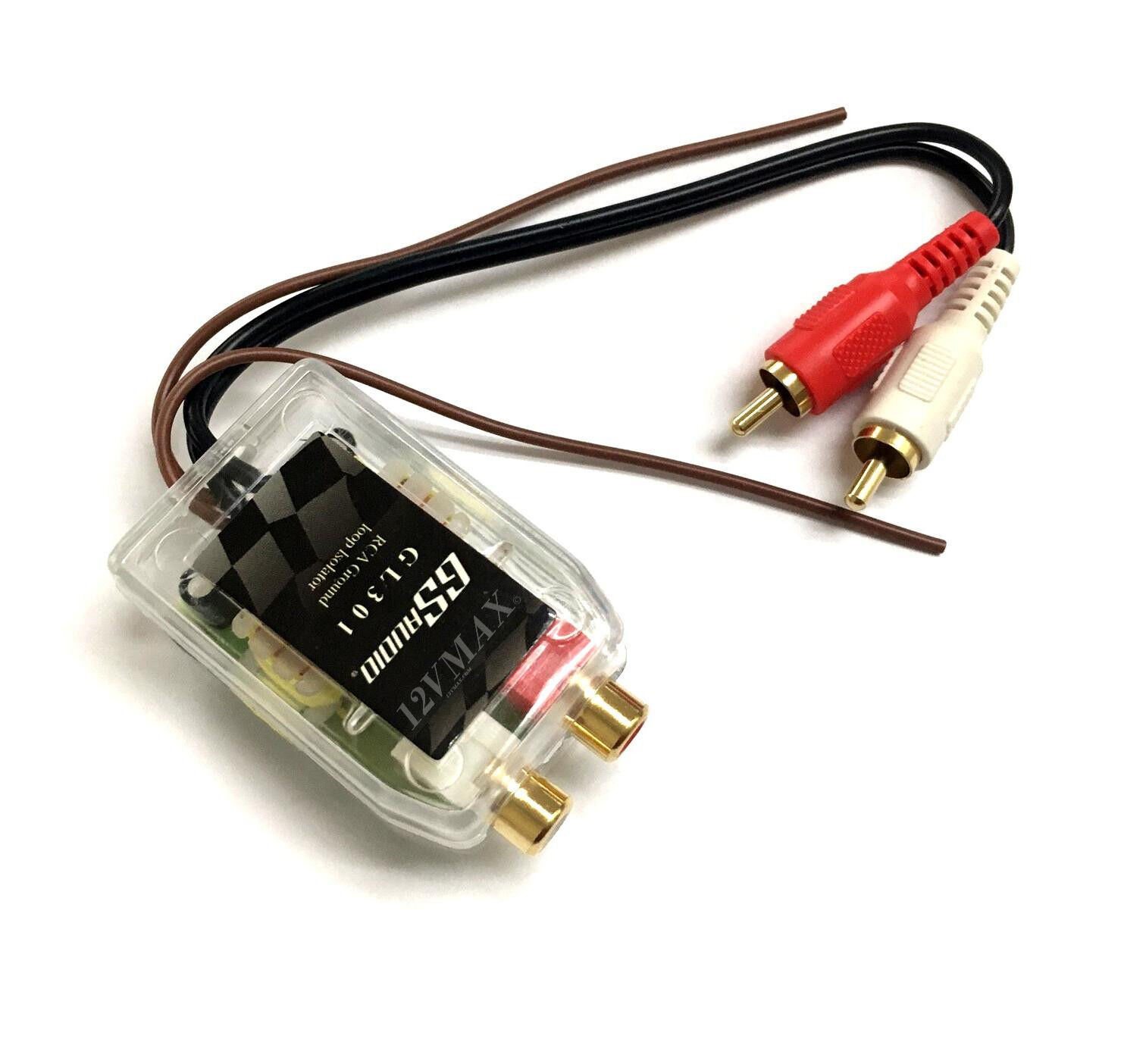

Car Audio
What Is A Ground Loop Car Audio
Published: February 6, 2024
Discover the impacts of ground loop issues in car audio systems and learn how to eliminate them with effective solutions. Enhance your car audio experience with our expert tips
(Many of the links in this article redirect to a specific reviewed product. Your purchase of these products through affiliate links helps to generate commission for AudioLover.com, at no extra cost. Learn more)
Table of Contents
- Introduction
- Understanding Ground Loops in Car Audio
- Causes of Ground Loops
- Symptoms of Ground Loop Issues in Car Audio Systems
- Effects of Ground Loops on Audio Quality
- Common Ground Loop Solutions for Car Audio
- Isolating RCA Cables to Eliminate Ground Loops
- Using Ground Loop Isolators in Car Audio
- Grounding Techniques to Minimize Ground Loop Interference
- Conclusion
Introduction
Welcome to the world of car audio, where you can transform your vehicle into a mobile concert hall or a private oasis of audio bliss. Whether you enjoy cruising to your favorite tunes or want to experience a heart-pounding bass, a well-designed car audio system can enhance your driving experience. However, in order to achieve optimal sound quality, it is crucial to understand and address common issues that can arise, such as ground loops.
Ground loops are a common problem in car audio systems that can lead to annoying noise interference and compromised audio quality. They occur when there are multiple paths for electrical current to flow, creating a loop. This loop can cause the audio system to pick up unwanted electrical signals, resulting in a range of issues from a low hum or buzzing sound to high-pitched whining noises.
In this article, we will delve into the world of ground loops in car audio systems, exploring the causes, symptoms, and effects they can have on audio quality. We will also discuss various solutions and techniques to help eliminate ground loop interference, allowing you to enjoy your car audio system without any unwanted noise distractions.
Whether you are a car audio enthusiast or just looking for ways to improve your audio experience while driving, this article will provide valuable insights and practical tips to help you overcome the challenges posed by ground loops in car audio systems.
Understanding Ground Loops in Car Audio
Ground loops can be a frustrating phenomenon in car audio systems, causing unwanted noise and interference. To understand ground loops, we need to first understand the concept of grounding in electrical systems.
In simple terms, grounding provides a safety mechanism that ensures any excess electrical energy is safely discharged to the earth. In a car audio system, the ground acts as the reference point for all electrical signals. It ensures that the voltage remains stable and consistent, allowing the audio components to function properly.
However, when there are multiple devices connected to a common ground, such as amplifiers, head units, and speakers, the potential for ground loops arises. A ground loop occurs when there are multiple paths for electrical current to flow, forming a loop. This loop can create a difference in electrical potential or voltage between the various components, resulting in unwanted noise.
Ground loops in car audio systems are typically caused by differences in grounding potentials between components. It can happen due to variations in the quality of the ground connection, differing resistance levels across components, or inadequate shielding of cables and connectors.
One of the main culprits of ground loops in car audio systems is the RCA cables used to connect different audio components. These cables are susceptible to picking up electrical interference, which can further exacerbate ground loop issues.
Understanding the nature of ground loops is essential for troubleshooting and resolving audio quality problems in car audio systems. In the following sections, we will explore the causes, symptoms, and effects of ground loops, as well as the solutions and techniques to address this issue and restore pristine audio quality to your car audio system.
Causes of Ground Loops
Ground loops in car audio systems can be caused by several factors. Understanding these causes is crucial for effectively troubleshooting and resolving ground loop issues. Let’s delve into some of the common causes of ground loops:
- Poor Grounding: Inadequate grounding is one of the primary causes of ground loops. If the ground connections between various audio components are not properly established or if there are loose or corroded connections, it can lead to differences in electrical potentials and the formation of ground loops.
- Different Ground Potentials: Every electrical component in a car audio system may have its own ground potential due to variations in resistance or voltage levels. When these components are connected, the differences in ground potentials can lead to ground loops and subsequent noise interference.
- Faulty RCA Cables: As mentioned earlier, RCA cables are susceptible to picking up electrical interference. If the cables are of poor quality, have inadequate shielding, or are damaged, they can act as antennas, picking up unwanted electrical signals and amplifying the chances of ground loop issues.
- Power Source Imbalances: If the power sources for different audio components in the car audio system are not properly regulated or if there are voltage imbalances between them, it can contribute to the formation of ground loops.
- Audio System Grounding: In certain cases, the way the audio system is grounded can also contribute to ground loop issues. For example, grounding all audio components to the same point can create a ground loop. Proper grounding techniques need to be employed to minimize the chances of ground loop formation.
These are just a few of the common causes of ground loops in car audio systems. Identifying the specific cause of the ground loop issue is crucial for effectively addressing and resolving the problem. In the next section, we will explore the symptoms of ground loop issues in car audio systems to help you diagnose the problem.
Symptoms of Ground Loop Issues in Car Audio Systems
Ground loop issues in car audio systems can manifest in various ways, affecting the overall audio quality and user experience. Identifying the symptoms of ground loop issues is crucial for effectively diagnosing and resolving the problem. Let’s explore some common symptoms of ground loop issues in car audio systems:
- Hum or Buzzing Sound: One of the most common symptoms of ground loop issues is a low-frequency hum or buzzing sound. This sound is often present when the audio system is powered on, regardless of whether any audio is playing. The hum can vary in intensity and can be heard from the speakers or even through other audio sources, such as Bluetooth or auxiliary inputs.
- Whining or High-Pitched Noise: Ground loops can also result in whining or high-pitched noises, commonly known as alternator whine or engine noise. This noise is often correlated with the engine RPM and can be more evident when the audio system volume is turned up. It can be quite frustrating and distracting, especially during quiet musical passages or when listening to podcasts.
- Pops and Clicks: Another symptom of ground loop issues is the presence of random pops and clicks in the audio playback. These can occur intermittently or when certain electrical components are engaged, such as the headlights or air conditioning.
- Interference with Radio Reception: Ground loop issues can also cause interference with radio reception. You may notice static or distorted signals when listening to AM or FM radio stations due to the presence of ground loop-induced noise.
- Reduced Audio Quality: Ground loops can introduce unwanted noise and distortions, leading to reduced audio quality. The overall sound may lack clarity, definition, and depth, making it less enjoyable to listen to music or other audio content.
It is important to note that these symptoms can also be caused by other factors, such as faulty audio components or wiring issues. However, if you experience these symptoms consistently and they disappear when you disconnect the audio system from the car’s power source, it is highly likely that ground loop issues are the underlying cause. In the next section, we will explore the effects of ground loops on audio quality in more detail.
Effects of Ground Loops on Audio Quality
Ground loops in car audio systems can have detrimental effects on the overall audio quality, detracting from the listening experience. Understanding these effects can help you appreciate the importance of addressing ground loop issues. Let’s explore the common effects of ground loops on audio quality:
- Noise and Distortion: The presence of ground loops can introduce unwanted noise and distortion into the audio signal. This can result in a degraded listening experience, where the sound becomes muffled, unclear, and less vibrant. The noise and distortion can vary in intensity, but even small amounts can significantly impact the audio quality.
- Lack of Clarity: Ground loops can reduce the clarity of the audio signal, making it harder to discern individual instruments or vocal tracks. The sound may become muddled, making it difficult to appreciate the finer details and nuances in the music.
- Dynamics and Range Reduction: Ground loop-induced noise and interference can also impact the dynamics and range of the audio. The dynamic range, which is the difference between the softest and loudest parts of a musical piece, can be compressed, resulting in a loss of impact and intensity. The overall range of frequencies can also be affected, leading to a loss of depth and fullness in the sound.
- Imbalance in Sound: Ground loops can cause an imbalance in the audio reproduction across different channels or speakers. This can result in one channel sounding louder or distorted compared to others, affecting the stereo imaging and overall audio balance.
- Listening Fatigue: When listening to audio through a system with ground loop issues, the constant presence of noise and distortion can be fatiguing to the ears. This can diminish the enjoyment and make listening for extended periods uncomfortable.
It is important to address ground loop issues to maintain the integrity of the audio signal and ensure a high-quality listening experience. In the next sections, we will explore common solutions and techniques to eliminate ground loops in car audio systems.
Common Ground Loop Solutions for Car Audio
Dealing with ground loops in car audio systems may seem like a daunting task, but there are several effective solutions and techniques available. By implementing these solutions, you can eliminate ground loop issues and enjoy clean and high-quality audio. Let’s explore some common ground loop solutions for car audio:
- Check and Improve Ground Connections: Start by inspecting the ground connections in your car audio system. Make sure that all components are properly grounded and that there are no loose or corroded connections. Clean any dirt or corrosion from the connections and firmly secure them to ensure a solid ground connection.
- Isolate RCA Cables: Since RCA cables are prone to picking up electrical interference, it is crucial to isolate them from potential sources of noise. Keep the RCA cables away from power cables, engine components, or any other potential culprits of electrical interference. Utilize cable ties or mounting brackets to secure and route the cables away from sources of noise.
- Upgrade RCA Cables: Consider upgrading to higher-quality RCA cables with better shielding. Premium cables with proper shielding can help minimize the chances of picking up interference and reduce the occurrence of ground loops. Look for cables that are specifically designed for car audio applications and have robust shielding to ensure optimal performance.
- Use Ground Loop Isolators: Ground loop isolators are devices specifically designed to eliminate ground loop issues. They work by separating the ground connections for different audio components and preventing the flow of unwanted electrical currents. Install a ground loop isolator between the source unit (head unit) and the amplifier or between the amplifier and the speakers to break the ground loop and eliminate noise.
- Grounding Techniques: Implement proper grounding techniques to minimize the chances of ground loop formation. For example, consider grounding all audio components to a single point rather than multiple grounding points. This can help reduce potential differences in ground potentials and minimize the occurrence of ground loops.
- Address Power Source Imbalances: If there are voltage imbalances between different audio components, it can contribute to ground loop issues. Use a voltage regulator or a power conditioner to ensure a stable and balanced power supply to all the audio components in the system.
By applying these common ground loop solutions and techniques, you can effectively eliminate ground loop issues and restore clean and high-fidelity audio to your car audio system. Experiment with these solutions and find the combination that works best for your specific setup.
Next, we will explore the concept of isolating RCA cables to eliminate ground loops in car audio systems.
Isolating RCA Cables to Eliminate Ground Loops
The use of RCA cables to connect various audio components in a car audio system is common practice. However, these cables can be susceptible to picking up electrical interference, which can lead to ground loop issues. Isolating RCA cables is an effective technique to eliminate ground loops and restore the desired audio quality. Let’s explore how this technique can be implemented:
1. Physical Isolation: The first step is to physically isolate the RCA cables from potential sources of electrical interference. Keep them away from power cables, engine components, or any other sources of electrical noise. You can achieve this by routing the RCA cables separately and securing them away from other wires. Use cable ties or mounting brackets to keep the RCA cables in place and prevent any accidental contact with other cables or components.
2. Shielding: Ensure that your RCA cables have proper shielding. Premium cables specifically designed for car audio applications often have better shielding to minimize interference. The shielding acts as a barrier against external electrical noise, significantly reducing the chances of ground loops. Invest in high-quality cables with robust shielding for optimal performance.
3. Ground Loop Isolator: If isolating the RCA cables physically and using shielded cables does not completely eliminate the ground loop issues, consider using a ground loop isolator. This device sits in-line between the source unit (head unit) and the amplifier or between the amplifier and the speakers. The ground loop isolator breaks the ground loop by separating the ground connections for different audio components, preventing the flow of unwanted electrical currents and eliminating noise.
4. Test and Adjust: After implementing the above steps, it is important to test your car audio system for any remaining ground loop issues. Connect all the audio components and power on the system. Listen carefully for any hum, buzzing, or other unwanted noise. If you still encounter ground loop problems, try repositioning the RCA cables or adding additional shielding. Experiment with different setups until you achieve clean and interference-free audio.
By isolating RCA cables and taking steps to minimize electrical interference, you can effectively eliminate ground loop issues in your car audio system. Remember that every installation is unique, and the effectiveness of these techniques may vary. It’s important to be patient and persistent in your troubleshooting process and find the best solution for your specific setup.
Next, let’s explore another effective solution for eliminating ground loops in car audio systems: the use of ground loop isolators.
Using Ground Loop Isolators in Car Audio
Ground loop isolators are invaluable tools when it comes to eliminating ground loop issues in car audio systems. These devices work by breaking the ground loop and isolating the audio signal, effectively eliminating unwanted noise and interference. Let’s explore how to effectively use ground loop isolators in your car audio setup:
1. Identify the Problematic Connection: Begin by identifying the specific connection in your car audio system that is causing the ground loop issue. It is often the connection between the source unit (head unit) and the amplifier or between the amplifier and the speakers that is susceptible to ground loop problems.
2. Choose the Right Ground Loop Isolator: Select a ground loop isolator that matches the audio connections you identified. Make sure it is compatible with the type of connectors used in your system, whether RCA, XLR, or any other type of audio connection. It is essential to choose a high-quality ground loop isolator to ensure optimal performance.
3. Install the Ground Loop Isolator: Install the ground loop isolator in-line with the problematic connection. If the ground loop occurs between the source unit and the amplifier, connect the input end of the isolator to the source unit’s output, and the output end to the amplifier’s input. Similarly, if the ground loop occurs between the amplifier and the speakers, connect the input end of the isolator to the amplifier’s output, and the output end to the speakers’ input.
4. Ensure Proper Connection: Double-check that all connections are secure and properly seated. Loose connections can lead to additional noise or signal degradation. Ensure a tight and secure connection for optimal performance.
5. Test and Adjust: Power on the car audio system and listen for any changes in audio quality. Most importantly, listen for the elimination of the ground loop-induced noise or interference. If the ground loop issue persists, recheck the connections and make any necessary adjustments. You may also want to try a different type or brand of ground loop isolator, as compatibility can vary between different systems.
6. Fine-Tuning: Once you have successfully eliminated the ground loop issue using a ground loop isolator, you may need to fine-tune the audio settings to restore the desired sound quality. Adjust the EQ settings, balance, and volume levels to optimize the audio output to your preference.
By using ground loop isolators correctly in your car audio system, you can effectively eliminate ground loop issues and enjoy clean and interference-free audio. Remember that ground loop isolators are not a magical solution for all audio problems, and their effectiveness can vary depending on the specific circumstances. However, they are a valuable tool to have in your arsenal when troubleshooting ground loop issues in car audio systems.
Next, let’s explore grounding techniques that can help minimize ground loop interference in car audio setups.
Grounding Techniques to Minimize Ground Loop Interference
In order to minimize ground loop interference in car audio systems, implementing proper grounding techniques is crucial. By following these techniques, you can significantly reduce the chances of ground loops and improve the overall audio quality. Let’s explore some grounding techniques that can help minimize ground loop interference:
- Single Ground Point: Use a single grounding point for all the audio components in your system. Rather than connecting each component to a separate ground point, ensure that all components share a common ground reference point. This helps to minimize potential differences in ground potentials and reduces the chances of ground loop formation.
- Quality Ground Connections: Ensure that all the ground connections in your car audio system are secure, clean, and free from corrosion. Clean any dirt or corrosion from the connections and make sure they have a solid and reliable connection. Loose or faulty grounding connections can contribute to ground loop issues.
- Separate Audio and Power Grounds: Whenever possible, keep the ground connections for audio components separate from the power/ground connections of other electrical systems in your vehicle, such as lighting or air conditioning. This helps to reduce the likelihood of ground loop interference caused by potential differences in ground potentials.
- Short and Thick Ground Wires: Use short and thick ground wires for your car audio system to minimize resistance and improve overall grounding efficiency. A thicker wire provides better conductivity and helps to minimize voltage drop, ensuring a stable and reliable ground connection.
- Avoid Chassis Grounds: In some instances, grounding audio components to the vehicle’s chassis may introduce ground loop issues. Instead, try to ground the components directly to an established, common ground connection point. This method helps to avoid potential ground loop paths through the vehicle’s chassis.
- Add Grounding Enhancers: In certain cases where ground loop interference persists, you can consider adding grounding enhancers. These devices, such as ground loop suppressors or noise filters, are specifically designed to reduce ground loop noise. They can be installed in-line with the audio connections to help suppress unwanted interference.
Implementing these grounding techniques can effectively minimize ground loop interference and improve the overall audio quality in your car audio system. It’s important to note that while these techniques can help prevent ground loops, they may not completely eliminate all sources of electrical interference. It’s always a good idea to experiment with different grounding configurations and seek professional advice, if needed, to achieve optimal results.
Now that we have explored grounding techniques, let’s conclude our discussion on ground loops in car audio systems.
Conclusion
Ground loops can be a frustrating issue in car audio systems, but with a good understanding of their causes and effective solutions, you can overcome their challenges and restore optimal audio quality. By implementing grounding techniques, isolating RCA cables, using ground loop isolators, and addressing power source imbalances, you can minimize or completely eliminate ground loop interference. These strategies will help you enjoy a clean and immersive audio experience in your car.
Ground loops can manifest as various symptoms, including buzzing or humming sounds, high-pitched whining noises, pops and clicks, and even interference with radio reception. These issues can significantly degrade audio quality, making it important to address ground loop problems promptly.
Remember to check and improve grounding connections, upgrade RCA cables, and use ground loop isolators to eliminate ground loop issues. Physical isolation and shielding of cables can further help in preventing interference. Moreover, employing proper grounding techniques and addressing potential power source imbalances are effective ways to minimize ground loop interference.
By understanding the causes and effects of ground loops and implementing the appropriate solutions, you can achieve a high-quality audio experience in your car audio system. Troubleshooting and resolving ground loop issues may require some trial and error, but with perseverance, you can enjoy distortion-free and crystal-clear sound while driving.
So, take the necessary steps to tackle ground loop issues and optimize your car audio system. With the right techniques and solutions, you can create an audio environment that allows you to fully appreciate your favorite music, podcasts, and more, enhancing your overall driving experience. Happy listening!

